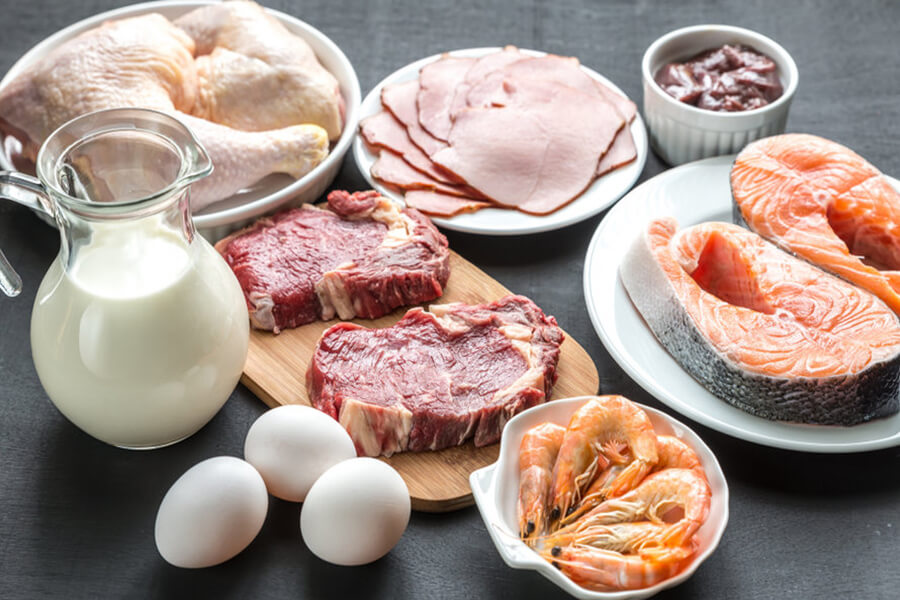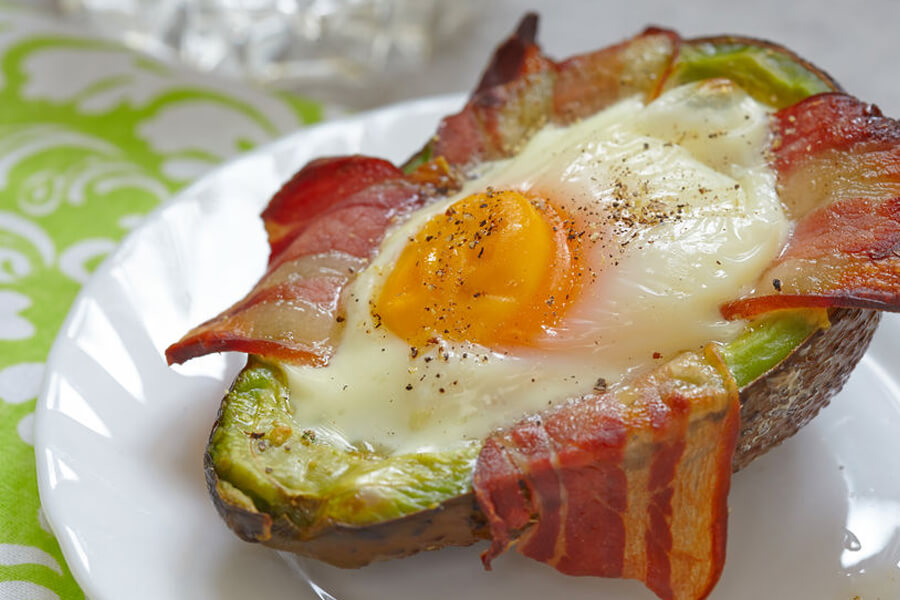Although many people incorrectly believe that estrogen is only a “female hormone,” men produce it too. Estrogen is important for men’s health because it supports vital organs, such as the brain and heart, as well as muscles, bones and your immune system. But if your body produces too much of it, you can develop health issues, including depression and obesity.
Foods that increase it
If you’ve been told your estrogen levels are high, or if you’re just trying to keep it in check, you’ll want to avoid these foods:
- Meat and dairy: Because animals produce estrogen and some farms give it to females in high doses to increase milk production, you can either avoid these foods altogether or look for products from farms that don’t give it to their animals.
- Grains: Zearalenone, a fungus found in some grains, can increase the production of the hormone. Unfortunately, you’ll have to way to confirm that a product doesn’t contain the fungus, so you’ll have to limit your grain intake to ensure you’re avoiding it.
- Alcohol: Consuming alcohol may increase your estrogen levels in the blood.
- Legumes: These foods, which include chickpeas, peanuts and lentils, among others, contain phytoestrogens. Because these foods would have to consumed in high doses to increase your levels, and they may do more good by supporting heart health and reducing your risk of metabolic syndrome, you shouldn’t cut them out completely; just eat them in small servings.
Foods that decrease it
Past research indicated that the phytoestrogens found in soy-based products, such as tofu and edamame, might raise your levels. But more recent research points to the opposite effect. Because phytoestrogens may actually push out your body’s estrogens, which can also decrease your risk of prostate cancer. Other foods that may help lower estrogen levels include:
- Mushrooms: Look for Portobello and white button mushrooms specifically, as they may raise your testosterone levels while lowering your estrogen levels.
- Cruciferous vegetables: Vegetables of the family Brassicaceae family include cabbage, bok choy, broccoli and cauliflower. They’re high in isoflavones, but may actually prevent your body from turning testosterone into estrogen.
- Turmeric and curcumin: Turmeric is a bright yellow aromatic powder from the ginger family. It’s used a lot in Indian and Asian cooking and has very strong anti-inflammatory and antioxidant effects. Its main ingredient, curcumin, has been found to reduce estrogen levels in some studies.


